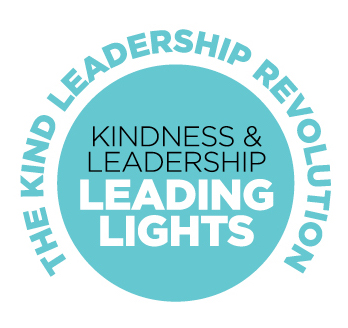
Empathy
• Being in tune with and considerate of the needs of those around you
• Understanding and sharing the feelings of others
Generosity
• Putting others before yourself
• Forgiving
• Being generous with your time – listening to others, giving advice, explaining things, spending time with new starters to make them feel welcome
Consistency
• Consistently being kind to others, not just when it suits you
• Easy to be kind when things are going well (have free time, you’re well off, the company is doing well). However, if you’re only kind when it’s beneficial to you or costs you nothing, it invites cynicism about the motivations
Courage/ Resilience
• It isn’t always easy to be kind – it requires effort (time, commitment, energy), understanding and courage to act for the interests of many rather than the loudest, especially in environments which aren’t predisposed to be kind (male-dominated or results-focused environments, or in aggressive situations)
• Being kind can also also be draining, hence the need for resilience
Connectivity
*Human beings are considered to be relationship-centric, with the need to belong or feel part of a group/team/ family considered to be a basic human need
• Fostering sense of inclusion and belonging
• Letting others know they are understood and valued e.g. remembering names, sending friendly emails, giving time off for bereavement, sending card or flowers if they/ a family member is sick
• Engaging others with humour
Empowerment
• Valuing the needs and interests of others
• Encouraging the growth and wellbeing of those around them (people or communities) e.g. acting as mentor or coach, offering their time or network, acting as a support through counselling or encouragement
• Working in a collaborative way
Mindfulness/ Self Awareness
• Having an awareness and understanding of their actions and decisions impact others
• Humility; staying grounded, recognizing the value that others can bring to a situation
• Practicing gratitude in all situations. Easy to be thankful and kind when things are easy, but it’s just as important to be so when things are tough
Authenticity
• Sharing information transparently
• Ability to instil trust in those around you
• Being sincere and honest
Respect
• Treating others with respect e.g. being courteous, polite, remembering names and details
• Respecting the dignity and potential of others – considering their potential and not just their yielded results
• Respecting that they have lives outside of work e.g. accommodating personal issues
• Valuing others at a fundamental level, as a person in their own right
Fairness
• Embracing diversity and promoting equality
• Often seen as representatives of moral intelligence – they don’t turn a blind eye or condone ill behaviour, and avoid favouritism
